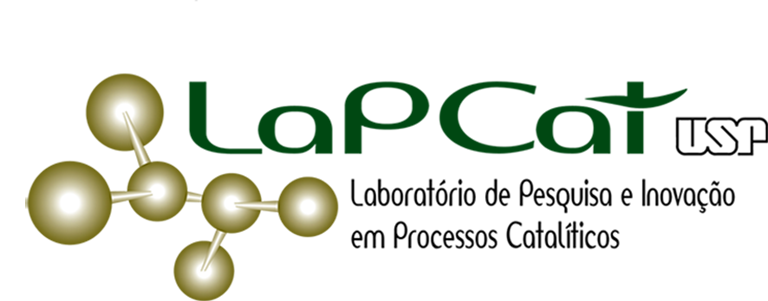Graduate Studies
PQI5882 – Nanotechnology Applied to Chemical Engineering
Total hours: 120h
Numbers of credits : 8
Responsible Teachers: Martin Schmal e Reinaldo Giudici
The course aims to present the fundamentals in nanotechnology, as well as its applications in chemical reactions, catalysis and processes. The subject has great importance for the training of researchers in the subject, as well as for updating researchers working in the fundamental and technological areas involving catalytic chemical reactions, catalytic processes, and materials characterization. Modern techniques for studying reactions on surfaces involve the characterization and measurement of properties at increasingly fundamental levels, so the course contributes to introducing participants to modern concepts of surface and interface chemistry and catalysis at the molecular level.
PQI5887 – Special Problems in Applied Nanotechnology
Total hours: 120h
Numbers of credits: 8
Responsible Teacher: Martin Schmal
Study of specific topics in nanotechnology applied to processes, focusing on problems of interest to the student in his research work. Topics will include synthesis of materials, characterization and applications in processes, chemistry, materials and biomaterials. Experimental studies in synthesis and characterization will be done if possible.
PQI5858 – Multivariable Statistical Analysis Applied to Chemical Processes
Total hours: 120h
Numbers of credits: 8
Responsible Teachers: Rita Maria de Brito Alves, Roberto Guardani e Cláudio Oller
The course has as its main objective the understanding of the interactions among several variables of a chemical process, through the interpretation of results from the application of multivariate statistics/machine learning (ML) techniques to operating data from industrial units. The course was structured, according to the demands of the market, aiming to extract relevant information from large volumes of data in order to improve process performance and final product quality.
PQI5866 – Modeling and Simulation for Process Design and Analysis
Total hours: 120h
Numbers of credits: 8
Responsible Teacher: Rita Maria de Brito Alves
The course aims to present the fundamental concepts of how mathematical models of chemical processes are built and to demonstrate their applications in simulation in chemical engineering systems. The objective is to provide tools for the integrated treatment in process description, mathematical modeling and simulation of real problems, through robust process models, efficient numerical techniques and the use of commercial simulators. In this way, it is possible to familiarize students with modeling and simulation of simple and complex industrial units through a large number of examples for understanding the concepts and using commercial simulators and developing their own programs.
PQI5824 – Polymerization Reaction Engineering
Total hours: 120h
Numbers of credits: 8
Responsible Teacher: Reinaldo Giudici
The objective is to study polymerization processes seeking an understanding of how the polymerization mechanism, the type of reactor and its operation mode affect the characteristics of the polymer produced, as well as the productivity of the process, that is, with the focus of Polymerization Reaction Engineering. Study and application of concepts of mathematical modeling of polymerization processes (“Polymerization Reaction Engineering”).
PQI5895 – Circularity and Polymer Engineering
Total hours: 120h
Numbers of credits: 8
Responsible Teacher: Reinaldo Giudici
To develop technical skills related to the use of circularity and sustainability concepts applied to polymer engineering, with the following objectives (i) promote the development of innovative solutions to the problem of sustainable production and processing of polymer resins; (ii) reduce pollution resulting from the incorrect disposal of solid urban waste, in particular plastic waste; (iii) promote the diffusion of the concepts of circularity and sustainability in the technical and scientific polymer community; (iv) provide the development of social, organizational and methodological capabilities of the polymer community, suitable for different academic and professional situations.
